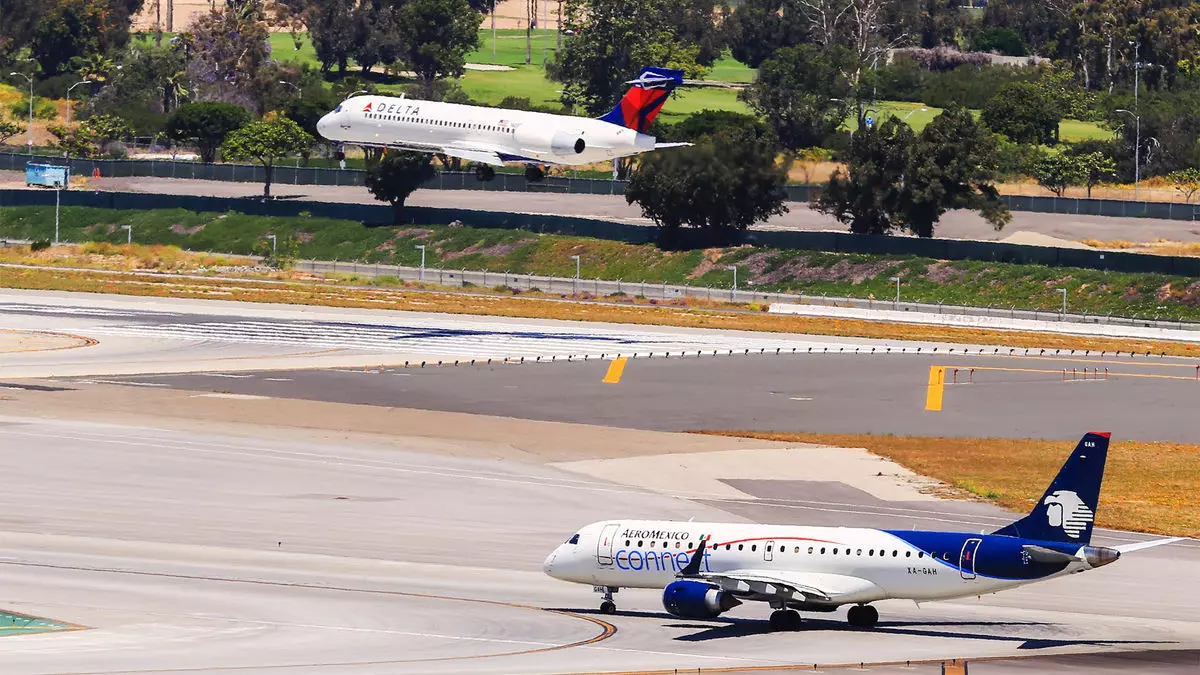Upon the onset of Mexican president-elect Claudia Sheinbaum’s administration in October, the International Air Transport Association (IATA) has expressed optimism for the future of aviation relations between the U.S. and Mexico. Sheinbaum’s background as a former climate scientist has led many to believe that she will prioritize sustainable growth in the aviation sector. However, her policy goals seem to align closely with those of her predecessor and mentor, Andres Manuel Lopez Obrador. This raises concerns about the actual differences in aviation policy between the two administrations.
The U.S. Department of Transportation (DOT) has been closely monitoring the aviation policies of the Lopez Obrador government. The department has considered finalizing an order to end the antitrust-immune Delta-Aeromexico joint venture. Additionally, review of the antitrust immunity application of Allegiant and Viva Aerobus was suspended a year ago. These decisions indicate the U.S. government’s stance on collaborative agreements within the aviation industry.
The Mexican government, under Lopez Obrador’s administration, made significant changes at Benito Juarez Airport in Mexico City. These changes included capacity restrictions and the termination of cargo service, which have raised concerns about adherence to the open skies air transport agreement between the U.S. and Mexico. The DOT has argued that these restrictions hinder the growth and cooperation between U.S. and Mexican airlines.
Despite IATA’s optimism regarding Sheinbaum’s administration, concerns remain about the specific proposals outlined in her campaign treatise. While there is mention of expanding Felipe Angeles Airport, there is no clear strategy for restoring capacity at Benito Juarez as per DOT requirements. Moreover, the focus on Mexicana, the state-controlled airline, and Felipe Angeles’ role as a cargo hub may not address the immediate challenges faced by U.S. airlines operating in Mexico.
The limitations imposed at Benito Juarez have not yet led to a reduction in operations for U.S. carriers. However, the inability to expand operations has prevented the entry of airlines like Southwest, JetBlue, and Frontier into the market. The presidential transition process in Mexico coupled with the similarities between Sheinbaum’s policies and the current government’s stance may lead to further challenges for U.S. airlines seeking to operate in Mexico.
As the U.S. and Mexico navigate the complexities of aviation policy, the role of intermediaries like IATA becomes crucial in facilitating dialogue and cooperation between the two countries. The future of U.S. – Mexico aviation relations under Sheinbaum’s administration remains uncertain, with key decisions impacting the industry’s growth and sustainability. It is imperative for both governments to collaborate effectively to ensure a conducive environment for air travel, trade, and economic development.

